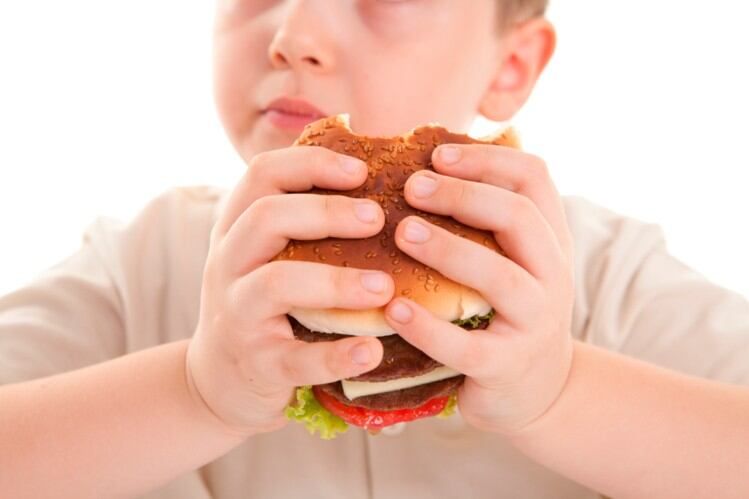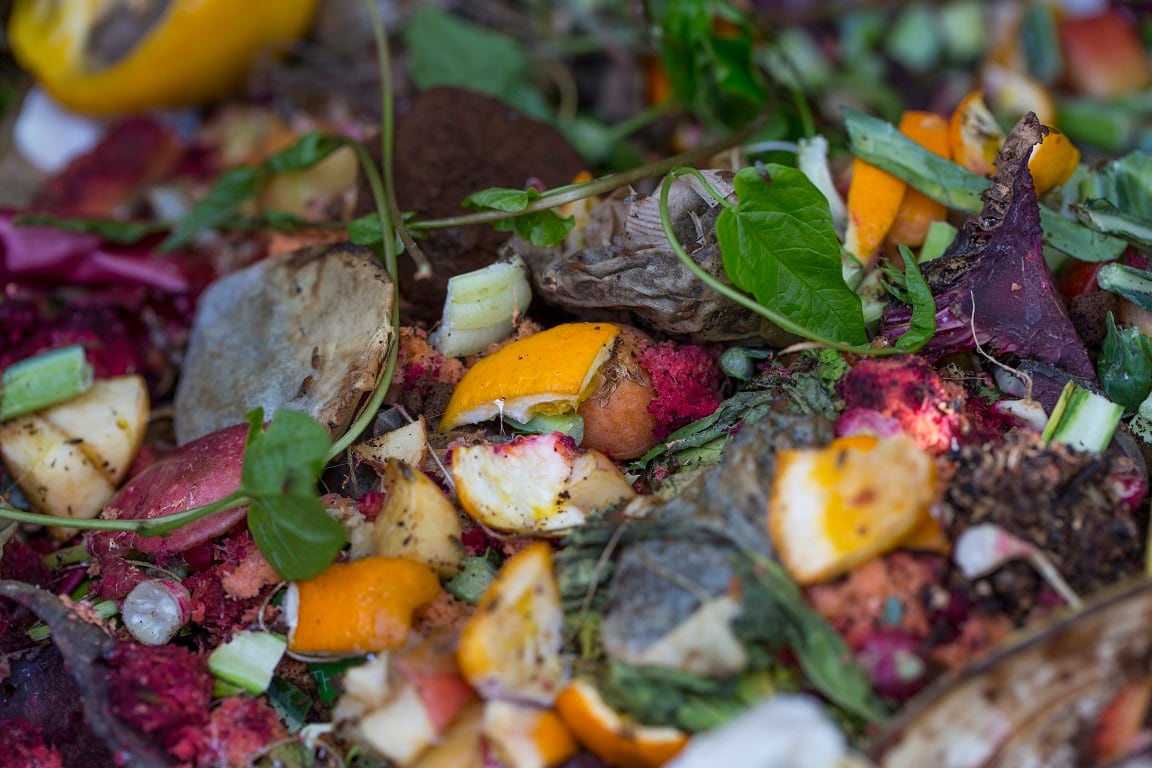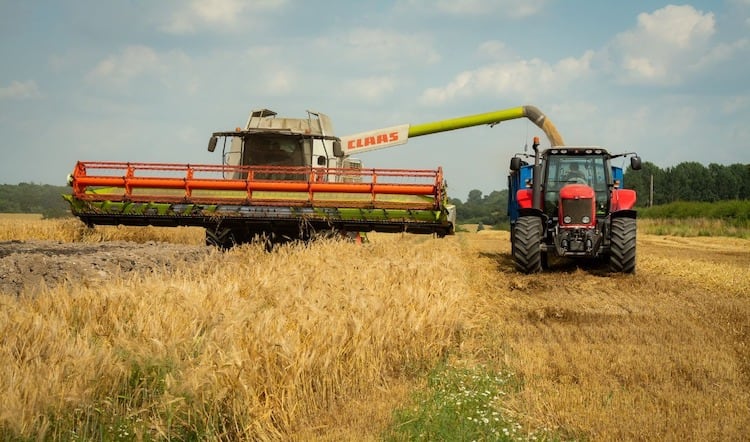Key figures in the food and drink industry shared their views in a series of live polls conducted at this years’ event, sponsored by Columbus.
When asked if they were confident that future trade deals would benefit the UK food and drink, none of the assembled members of the industry answered yes. More than two-thirds (67%) of respondents said they weren’t confident, while a further 33% said they didn’t know.
External challenges
Rising commodity costs were listed as the biggest external challenge (59%) to food and drink businesses, followed by food security (27%) and a lack of skilled workers to fill jobs (14%).
When asked if their businesses were short staffed for key roles, responses were almost split down the middle – 53% disagreed with the statement, while 47% said they were short staffed in key roles. Despite any difficulties in recruitment, 69% said staff morale was high in their businesses, 25% said it was low and 6% said they didn’t know.
Environmental and sustainability issues were key topics at this years Forum, punctuated by an ongoing energy crisis affecting many businesses.
Energy costs
A majority of respondents said their energy costs in their businesses were rising, with 62% reporting a rise of less than 100%, while 29% said costs were doubling or worse. Just 10% said costs were staying the same, while no-one said prices were going down.
In terms of pollution challenges to their businesses, Forum members said packaging waste was their top concern (59%), followed by food waste and greenhouse gases tied in second (18%) with water pollution coming in third (5%).
Automation and digitalisation were also areas where most respondents agreed they were not where they should be (83%). However, there was a general consensus in the room that this was due to the constantly evolving nature of tech making it impossible to be fully up to date with the latest trends.
The potential of artificial intelligence and how the technology had become much more accessible to the food and drink industry was one of the key takeaways from this years’ Business Leaders’ Forum for Columbus project strategy director Kevin Bull.





